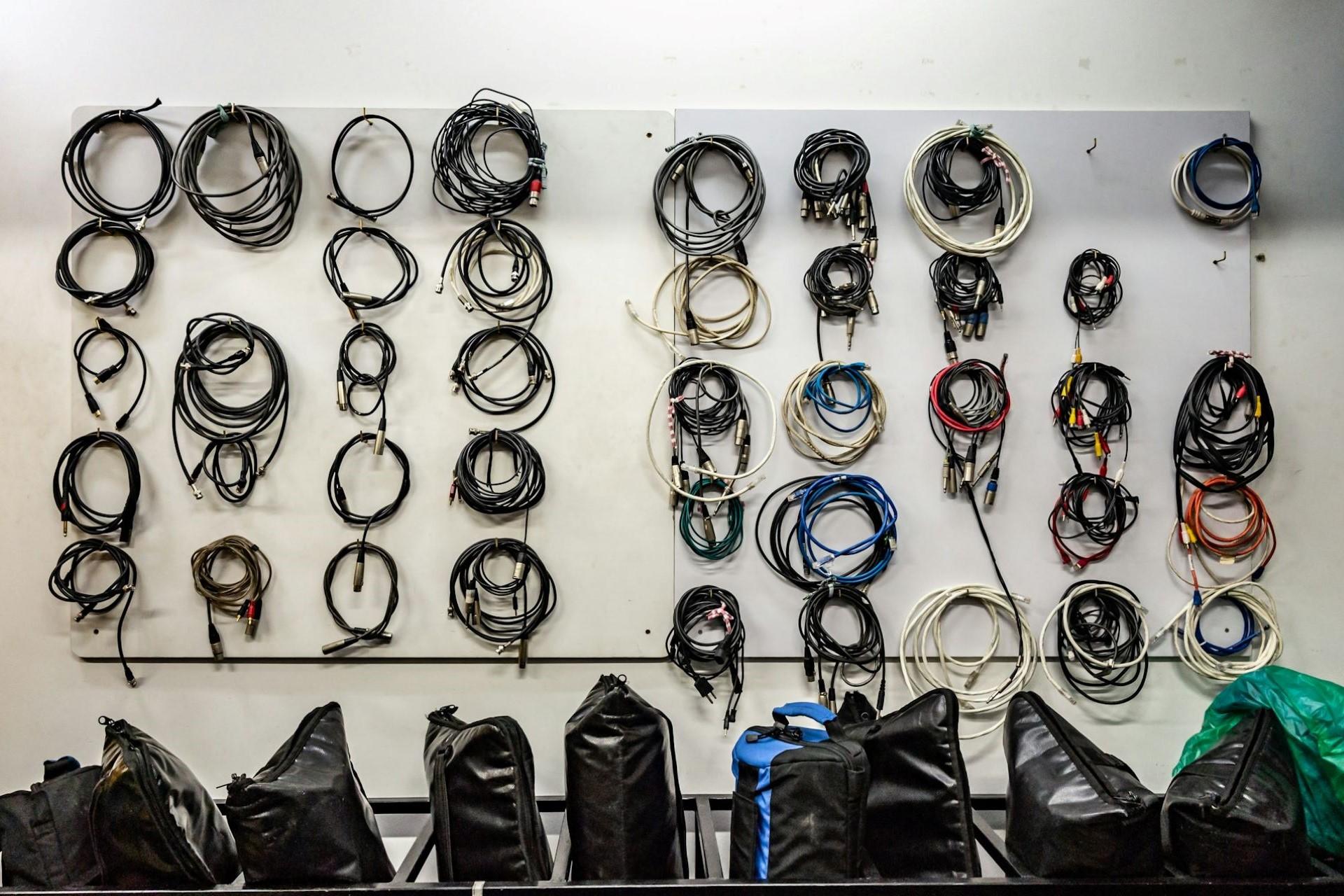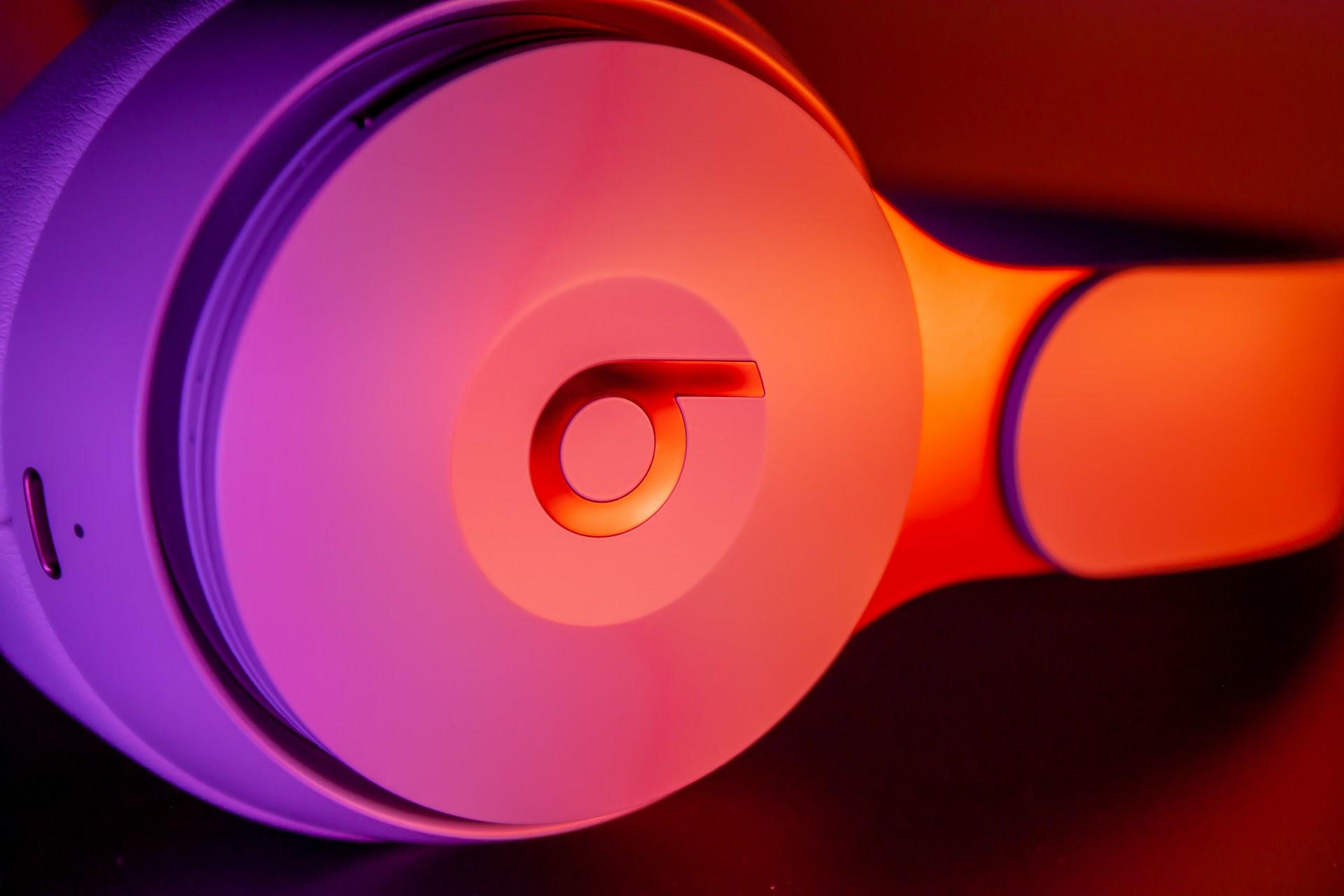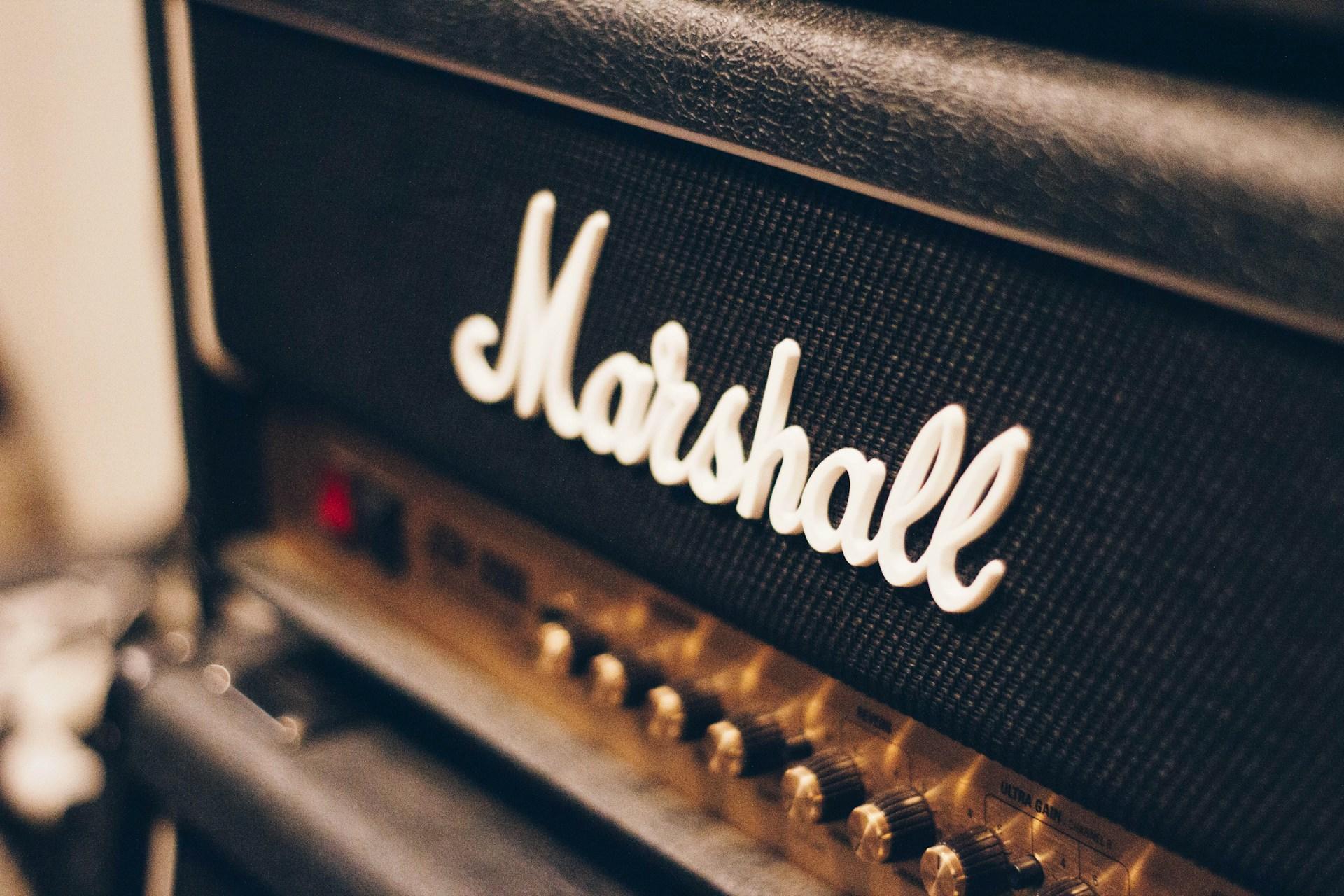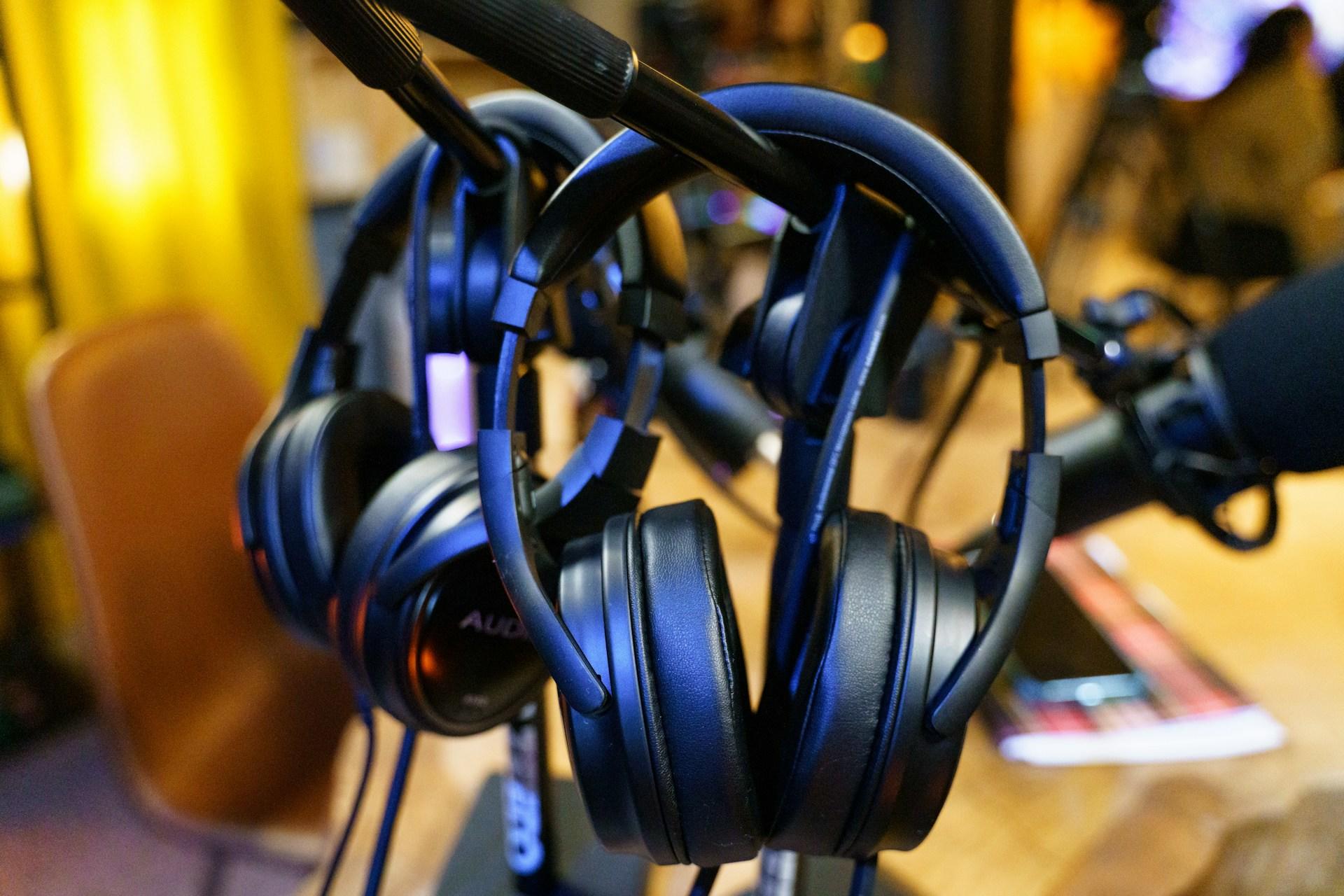“If they're singing about heartbreak, they've lived it.” - Paula Abdul
Most singers tend to choose an over-ear headphone rather than an in-ear headphone, though there are pros and cons to each. The first purpose of studio headphones is so you can hear what you're singing or playing or what you've recorded. Headphones are for both monitoring and playback, after all.
The best studio headphones will be good for both of these, but most everyday headphones are just for listening back to recorded music and not with the same attention to detail as somebody would need when recording their own music.
In this article, we're looking specifically at headphones that singers can use in their home recording studio.

What Singers Should Look for in Headphones
It's becoming increasingly common for devices to no longer feature a headphone jack. Some smartphones have removed the headphone jack because most users have wireless headphones that connect via Bluetooth rather than a cable.
More and more headphones are wireless, after all, and even discerning audiophiles are moving towards wireless headphones. Some of the best wireless headphones even come with apps or settings that allow you to change the sound quality, equalise the sound, or change the ambient sound.
So what should you look for in a set of wireless headphones?
- Sound Quality: Whether it's for your home studio or everyday use, sound quality is likely the most important thing when it comes to a good pair of headphones. Bluetooth can cause a loss in audio quality since the audio is being transmitted wirelessly and factors like range and compression can negatively affect the quality.
- Comfort: Most wireless headphones now have a decent battery life (16-20 hours), which means you can wear them for this long. If you wear headphones for a long time, you'll start to notice whether or not they're comfortable. In terms of comfort, it depends on whether you choose in-ear, around-the-ear, or over-the-ear headphones.
- Isolation: When it comes to studio use, isolation or noise cancellation is very important. You want to hear the music and nothing else. While this doesn't matter too much for everyday use. Some manufacturers offer an ambient mode so you can hear what's going on around you, mostly for safety.
- Design: Some users won't care about the design of their headphones, and others care deeply about the look of their headphones. This won't change how they sound and you won't be able to see them when you're wearing them, but if you're going to spend a lot on the best headphones, they may as well look good, too!
Now that you know what to look for in a set of studio or everyday headphones, let's have a look at some of the headphones that are good for singers.
Wireless versus Wired
Audiophiles will argue that no wireless headphones will offer the best quality available since the audio needs to be compressed to be wirelessly transmitted to the device.
While they're correct, for typical listening, an amateur singer looking to record a basic demo or just listen to their voice to improve their singing can still find a good set of headphones on a budget.

Speaking of budget, the very best wireless headphones tend to be quite expensive and if you don't need wireless connectivity, then you an always find headphones that connect via cable.
Headphones for Practising, Recording, or Performing
The best headphone depends on their use and for singers, there are three main reasons they'd want a a pair of headphones: for practising, recording, or performing.
Headphones for Recording
If you're a pro singer making a record, the best headphones will likely be more expensive, provide better sound, and allow you to hear the mix on your recording.
A pair of studio headphones can cost quite a bit and aren't worth paying for if you're just practising. After all, if you're just listening to hear if you're singing in key, then you'll not be listening to a mix, altering levels, or too worried about the overall quality of your recording.
Headphones for Performing
When it comes to performing, over-ear headphones won't be suitable and you'll want to look to in-ear headphones or earpieces so you can hear yourself sing. You'll want low latency so that the delay between you singing and hearing your own singing is minimal.

You'll want a pair of comfortable headphones, earphones, or earpieces, especially if you move around a lot when you sing.
Headphones for Practising
A pair of headphones for practising won't need to be of the best quality, but you may want to optimise comfort. A pair of comfortable headphones will certainly be worth it if you plan on wearing them for long sessions.
The Best Headphones for Singers
The headphones we've chosen are moderately priced and useful for a range of everyday uses, including some singing or recording. As they're all over-ear and wireless, they're not for performing.
Beats Solo3
The wireless Beats Solo3 headphones come in a "core" and "pop" range. You can connect them to Apple devices like the Apple Watch, iPad, Mac, iPhone, and any other device (Apple or otherwise) that has Bluetooth connectivity.
Beats headphones are known for their sound quality and the Beats Solo3 are no exception. Generally, the sound is clear, balanced, and of good quality.

The padding on the Beats Solo3 both provide comfort and block outside noise, making them useful for both monitoring and playback when singing.
The sound of the Beats is exceptional, too. It’s clear, balanced, and of great quality overall. In terms of comfort, these headphones are padded and are great for blocking outside noise, which is useful if you’re singing. They come with a rechargeable lithium-ion battery, too.
Denon AH-GC30
The Denon AH-GC30 headphones are metal and faux-leather and comfortable for everyday use. They come with various cables, have two built-in microphones for calls and voice commands, and have a good battery life. They connect via Bluetooth to various devices and offer excellent noise cancellation.
While the built-in microphone is fine for making calls and speaking to your digital assistant, you'll need a high-quality singing mic if you want to record yourself singing.
Sennheiser Momentum
Sennheiser has long been one of the better brands for headphones. The Sennheiser Momentum headphones offer a clear and rich sound.
The stainless steel and flexible leather also make these headphones comfortable and since many of the parts are adjustable, they'll fit almost anyone.
With various volume and playback options, these are a good set of headphones to use when you're singing.
JBL Everest 710
The JBL Everest 710 headphones offer noise cancellation and wireless and wired connectivity. These are folding over-the-ear headphones with a long battery life, which would make them excellent for a long recording session in your home studio.
Nura Nuraphone
The Nura Nuraphone feature quite an interesting design that combines aspects from both over-ear and in-ear headphones. Essentially, you have an over-ear housing as well as an in-ear part that's reminiscent of earbuds.
Their design means that they don't fold, but if you're planning on keeping them in the studio and not for everyday use, then this won't matter too much.
The Nura Nuraphone also offers noise-cancellation, making them great for monitoring and playback.
Bose QuietComfort 35 and QuietComfort 35 II
The first and second editions of the Bose QuietComfort 35 headphones are highly recommended.
The main difference between the first and second editions of them is that the later model has an integrated assistant.
Both offer great noise cancellation and several adjustable settings that make them great for singers.
They also offer 20 hours of battery life, good built quality, and shock resistance.
The noise cancellation and adjustable settings make both of these headphones great for singers and the audio balance is great.
Don't forget that your headphones are only part of your home studio set-up and that good sound cards can make the difference when it comes to recording your singing and listening back to it.
Sony WH-1000XM2 and WH-1000XM3
Much like with the Bose QuietComfort 35 and QuietComfort 35 II, both the Sony WH-1000XM2 and Sony WH-1000XM3 models are recommended for singers looking to record themselves.
They boast an impressive 28 hours of battery life meaning that long recording sessions in your home studio won't be hindered. There's even a quick-charge mode if you happen to let them run out of juice.
The headphones offer good sound and noise reduction, but you can use Quick Attention for when you need to listen to something other than the headphones, which could be useful for talking to others in the studio.
Just remember that if you want to spend a good amount on your headphones, factor it into the budget for your home studio since there's no point in having good headphones if the rest of your equipment is entry-level.
Marshall Mid ANC
One of the best things about the Marshall Mid ANC headphones is how much they can cut off the outside world. They boast 30 hours of battery life (which drops to 20 when using noise reduction) and have great balance and clear sound. You can charge them in as little as 3 hours and they're incredibly sturdy.
They're also very comfortable, which is useful if you can wear them for over a day (though we don't recommend it).

If you need help with your singing, why not contact a tutor on Superprof?
There are different types of tutoring for different budgets and learning styles. Face-to-face tutoring is the most effective but also tends to be the most costly. Online tutoring is cheaper but doesn't work as well for certain students. Those on a budget can opt for group tutoring, which is usually much cheaper, but doesn't provide the benefits of working one-on-one with a tutor.
With most of the tutors on the Superof site offering their first session for free, you can always try a few out first.
Summarise with AI:















